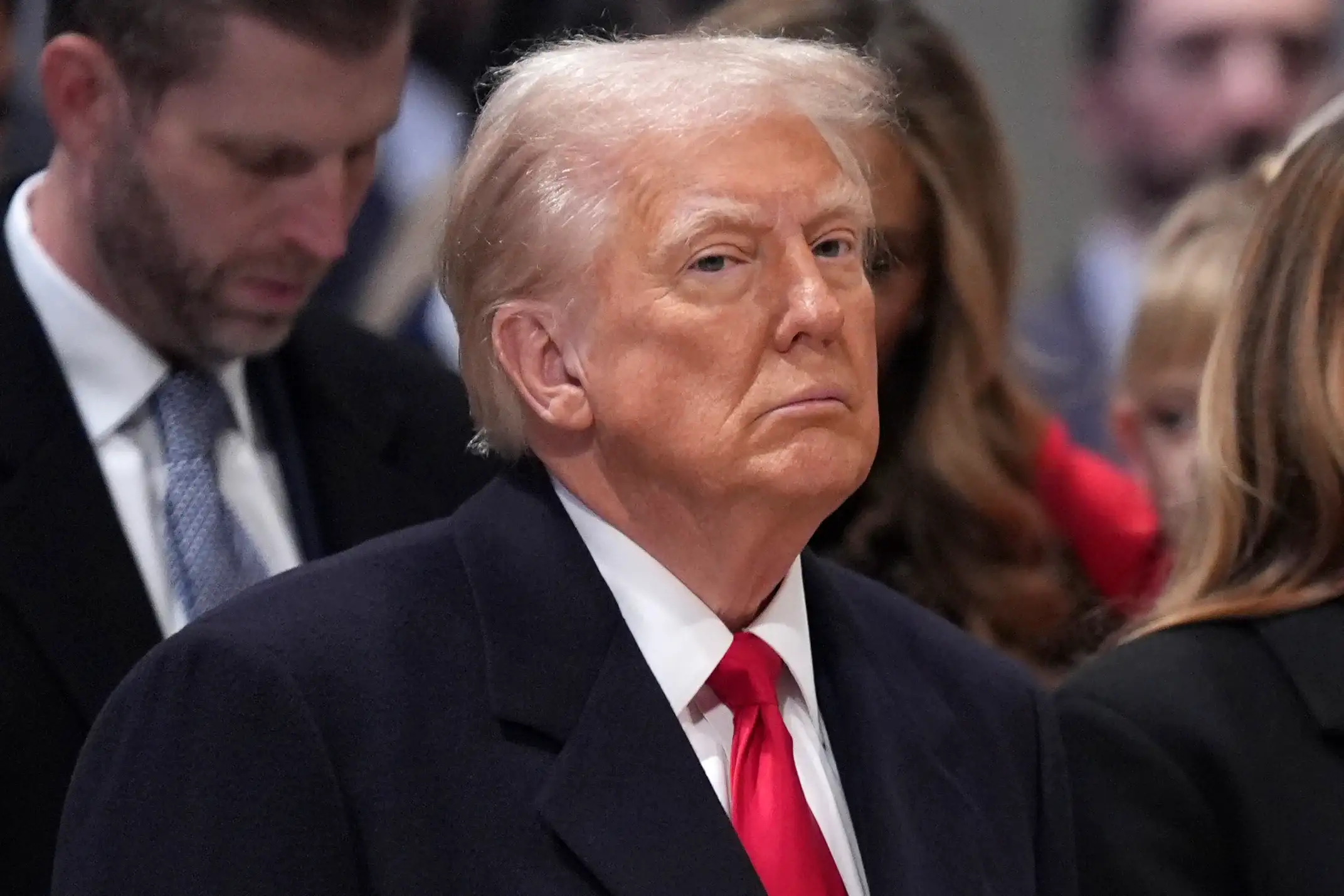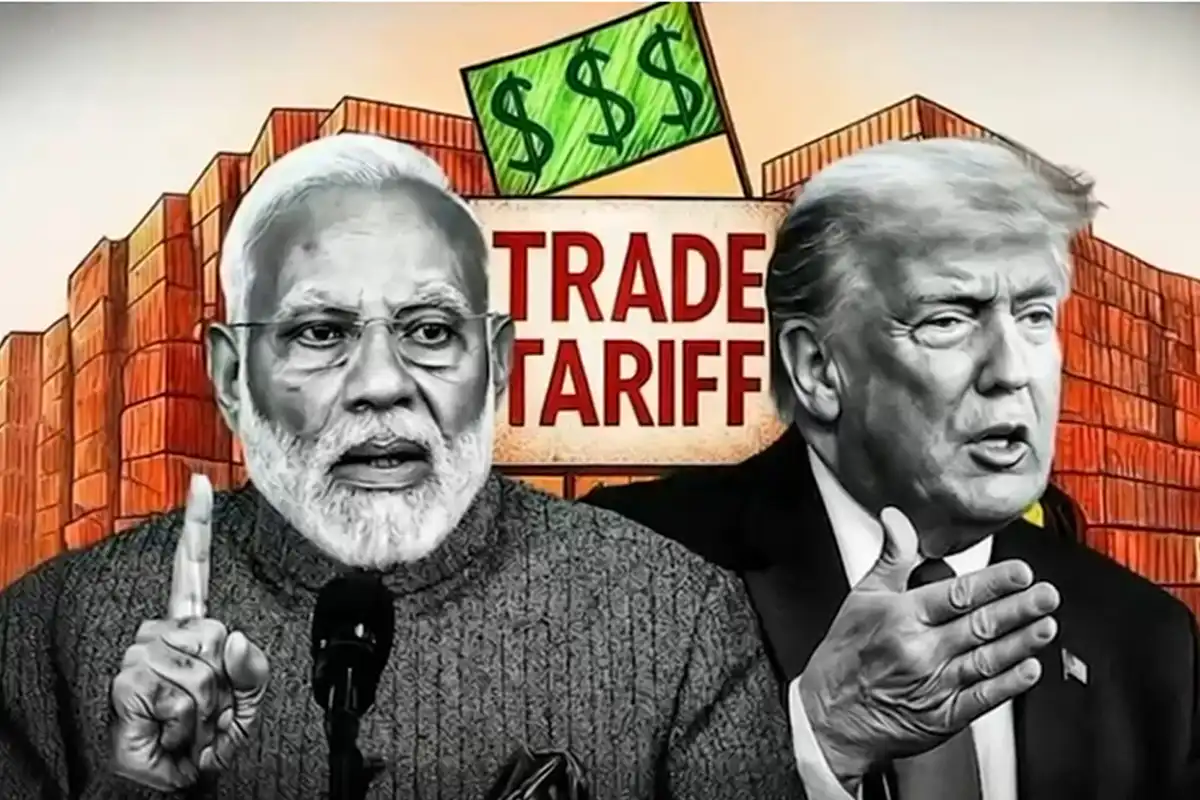A US federal court has halted the implementation of President Donald Trump’s wide-ranging import tariffs, dealing a significant blow to one of his major economic strategies. The Court of International Trade ruled that Trump overstepped his authority by imposing tariffs on nearly all US trading partners, citing that only Congress holds the constitutional power to regulate international commerce.
Court Ruling
The decision stems from two separate lawsuits. The Liberty Justice Center filed one case on behalf of small businesses impacted by the tariffs, while the second challenge came from a coalition of US state governments. A panel of three judges concluded that the 1977 International Emergency Economic Powers Act (IEEPA), which Trump used to justify the tariffs, does not grant him unilateral authority to impose such broad trade measures.
Additionally, the court blocked another set of tariffs on China, Mexico, and Canada, which the administration had justified on grounds of national security and border concerns. However, the ruling did not cover tariffs imposed on specific goods such as cars, steel, and aluminum, which are governed by a different statute.
Mixed Reactions
The White House expressed disappointment with the ruling. Deputy Press Secretary Kush Desai stated that national emergency decisions should not rest with unelected judges and reaffirmed Trump’s commitment to using executive powers to protect the US economy.
In contrast, New York Attorney General Letitia James, whose state was part of the legal challenge, praised the decision. She argued that the tariffs were effectively a tax hike on American businesses and families, warning they would have intensified inflation and triggered job losses.
Global markets responded positively, with stock markets in Asia and US futures rising, and the dollar strengthening against traditional safe-haven currencies.
What Will Happen Now?
The Trump administration filed an appeal immediately following the ruling. The White House now has 10 days to begin the process of suspending the tariffs, though many had already been paused.
If the appeal fails, the US Customs and Border Protection (CBP) will issue new guidance, and businesses that paid tariffs would be eligible for refunds with interest. For now, tariffs remain in place until further legal decisions are made.
Analysts suggest the outcome of the appeal could impact ongoing and future trade negotiations, with foreign governments likely to wait before finalizing new deals.
Background
On April 2, Trump introduced a sweeping tariff regime, imposing a 10% baseline duty on most countries, with higher rates on nations like China, Mexico, Canada, and the EU. His administration claimed the move would protect US jobs and manufacturing.
However, the tariffs triggered economic uncertainty and a trade war, particularly with China. After multiple escalations, both countries agreed to lower tariffs, easing tensions slightly. Separate deals were also reached with the UK and EU to reduce trade barriers.
Trump had threatened a 50% tariff on EU goods starting in June but agreed to extend the deadline following a request from the European Commission for more time to negotiate.
Read More: Elon Musk Steps Down from Government Role After Clashing with Trump Over Spending Bill














